World rubber price
In Japan, the price of RSS3 rubber on the Tocom - Tokyo floor for April 2025 delivery was at 349.00 Yen/kg, down to 341.00 Yen/kg; the contract for May 2025 delivery was at 348.70 Yen/kg, down to 342.10 Yen/kg; the contract for June 2025 delivery was at 354.10 Yen/kg, down to 349.90 Yen/kg.
On the Shanghai Futures Exchange (SHFE), the April 2025 contract was at 16,905 yuan/kg, down to 16,680 yuan/kg; the May 2025 contract was at 16,985 yuan/kg, down to 16,705 yuan/kg; the June 2025 contract was at 17,075 yuan/kg, down to 16,780 yuan/kg.
On the SGX - Singapore, the TSR20 rubber futures contract for May 2025 was traded at 196.80 cents/kg, down to 193.80 cents/kg; the TSR20 rubber futures contract for June 2025 was traded at 197.40 cents/kg, down to 194.20 cents/kg.
In Thailand, rubber futures for April delivery were at 81.83 baht/kg, up 0.54 baht/kg to 82.37 baht/kg.
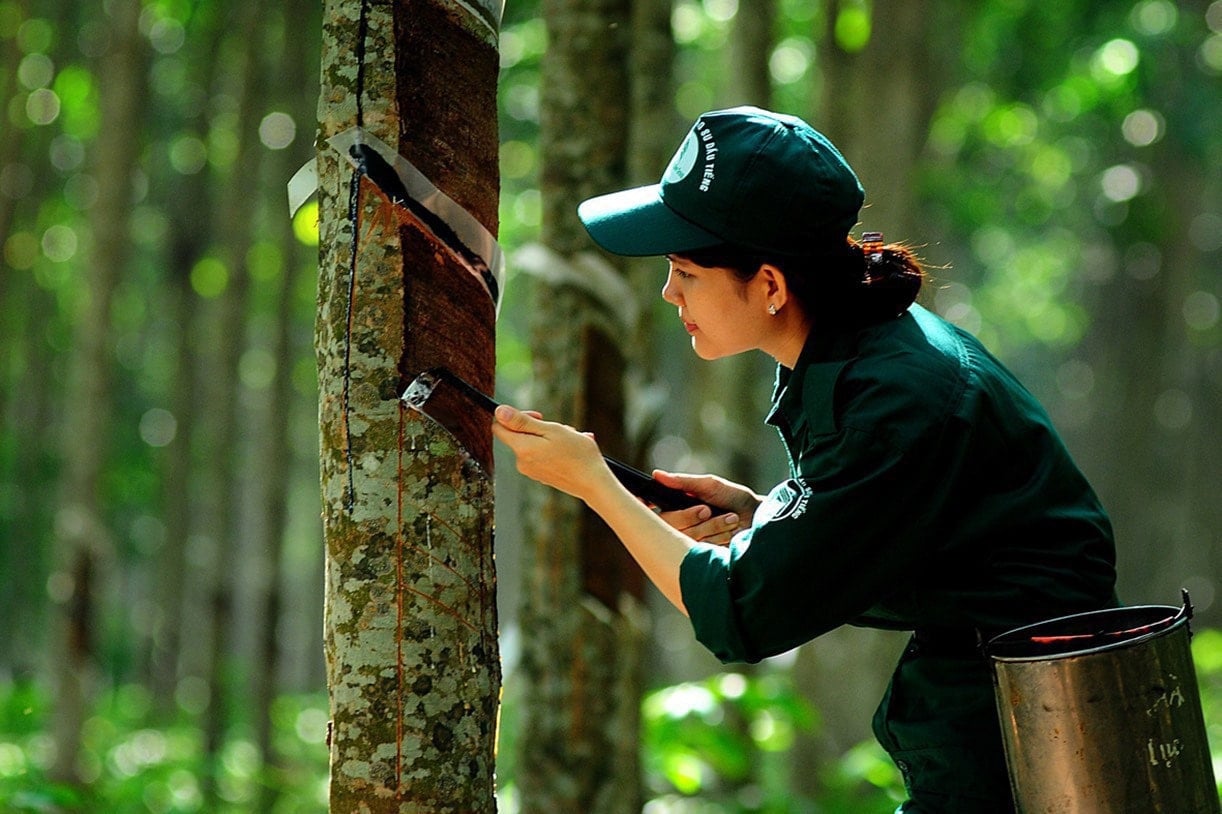
On March 26, US President Donald Trump announced a 25% tariff on imported cars and light trucks, effective from April 1, causing the stock value of Asian automakers to evaporate about $16.5 billion by the end of last week.
Cox Automotive said the tariffs would have a near-immediate impact on auto production, predicting disruptions to “most” North American vehicle production by mid-April. Auto sales could impact auto production levels, including the use of rubber tires.
The European Automobile Manufacturers Association (ACEA) said it expressed "deep concern" over the US decision to impose tariffs on imported cars and car parts.
In a statement on March 27, ACEA Director General Sigrid de Vries called on the Trump administration to consider the negative impact of this decision “not only on global automakers but also on the domestic US manufacturing industry.”
These tariffs come at a “critical moment” when the auto industry is undergoing transformation and global competition is intensifying, de Vries said.
She also stressed that European automakers have invested heavily in the US over the past decades and now export 50% to 60% of the cars they produce in the US.
Therefore, the ACEA Director General called on EU and US leaders to engage in dialogue to find “an immediate solution to prevent tariffs and the negative consequences of a trade war.”
The Meteorological Department of Thailand, the world’s top rubber producer, has warned of crop damage from March 31 to April 2 due to localized heavy rains in the south. Harvesting in Thailand’s production areas has ended and March has entered a low-production period, according to brokerage Hexun Futures.
Domestic rubber price
In the domestic market, rubber latex prices at some enterprises did not record any new adjustments and continued to move sideways. Specifically, Phu Rieng Rubber Company purchased latex at 440 VND/TSC/kg; mixed latex at 400 VND/DRC/kg.
Ba Ria Rubber Company purchases level 1 latex rubber at a price of 452 VND/ TSC degree/kg, applicable to TSC degrees of 30 or higher; level 2 at a price of 447 VND/ TSC degree/kg, applicable to TSC degrees from 25 to under 30; level 3 at a price of 442 VND/ TSC degree/kg, applicable to TSC degrees from 20 to under 25.
Cup latex, coagulated latex with DRC ≥ 50% at 18,000 VND/kg; cup latex, coagulated latex with DRC from 45 - 50% at 16,700 VND/kg; coagulated latex with DRC from 35 - 45% at 13,500 VND/kg.
Mang Rubber Company purchases grade 1 latex at 433 VND/TSC/kg; grade 2 latex at 429 VND/TSC/kg.
Grade 1 mixed latex is at 436 VND/DRC/kg; grade 2 mixed latex is at 382 VND/DRC/kg.
Binh Long Rubber Company buys latex at 386 - 396 VND/TSC/kg; mixed latex with 60% DRC is priced at 14,000 VND/kg./.
Source: https://baodaknong.vn/gia-cao-su-hom-nay-31-3-gia-cao-su-tai-thai-lan-tang-247786.html


![[Photo] General Secretary To Lam receives King Philippe of Belgium](https://vstatic.vietnam.vn/vietnam/resource/IMAGE/2025/4/1/e5963137a0c9428dabb93bdb34b86d7c)


![[Photo] Close-up of Vietnam's sniffer dog team searching for earthquake victims in Myanmar](https://vstatic.vietnam.vn/vietnam/resource/IMAGE/2025/4/1/d4949a0510ba40af93a15359b5450df2)
![[Photo] Prime Minister Pham Minh Chinh meets with King Philippe of Belgium](https://vstatic.vietnam.vn/vietnam/resource/IMAGE/2025/4/1/be2f9ad3b17843b9b8f8dee6f2d227e7)
![[Photo] President Luong Cuong and King Philippe of Belgium visit Thang Long Imperial Citadel](https://vstatic.vietnam.vn/vietnam/resource/IMAGE/2025/4/1/cb080a6652f84a1291edc3d2ee50f631)



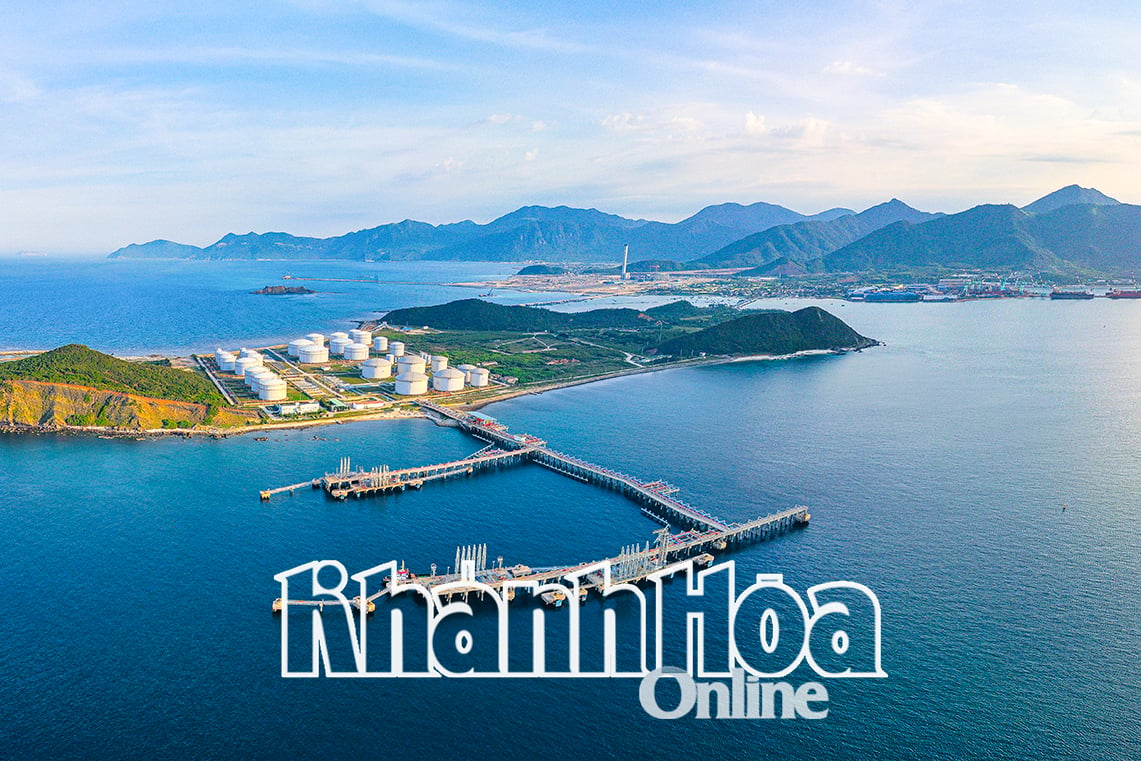

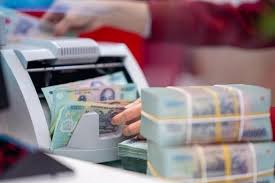




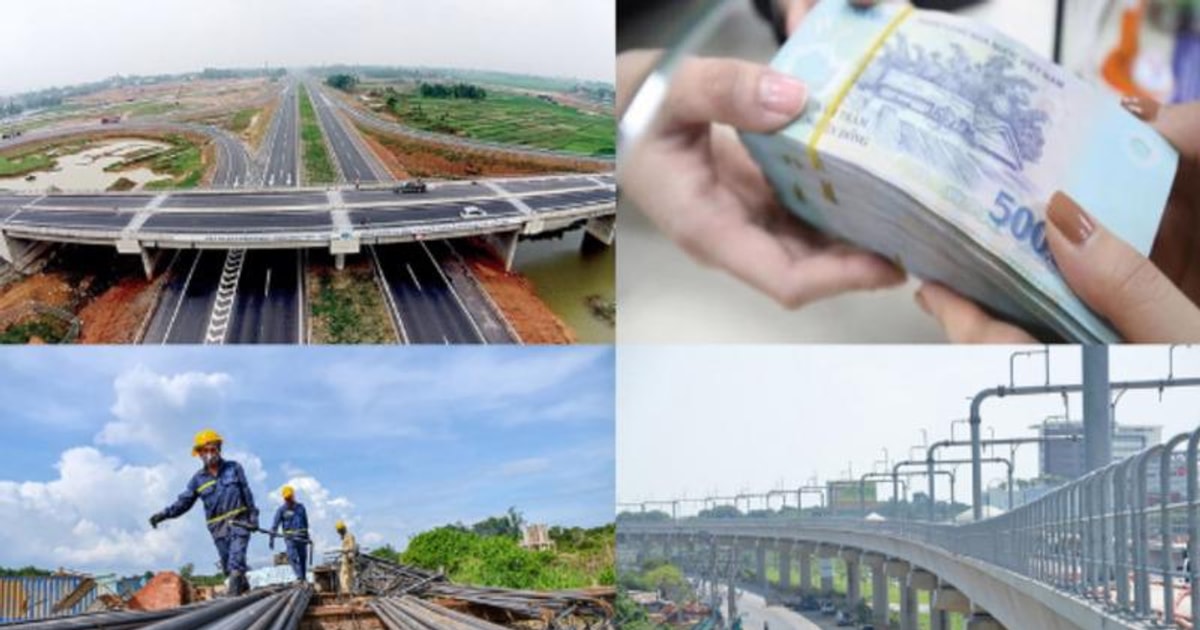
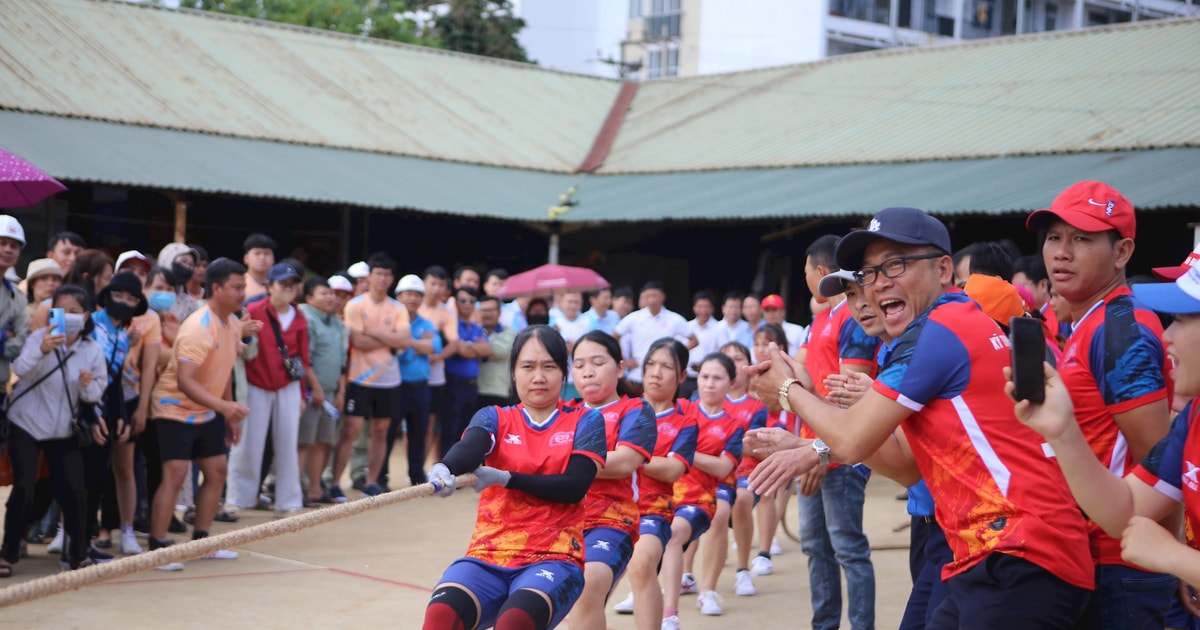


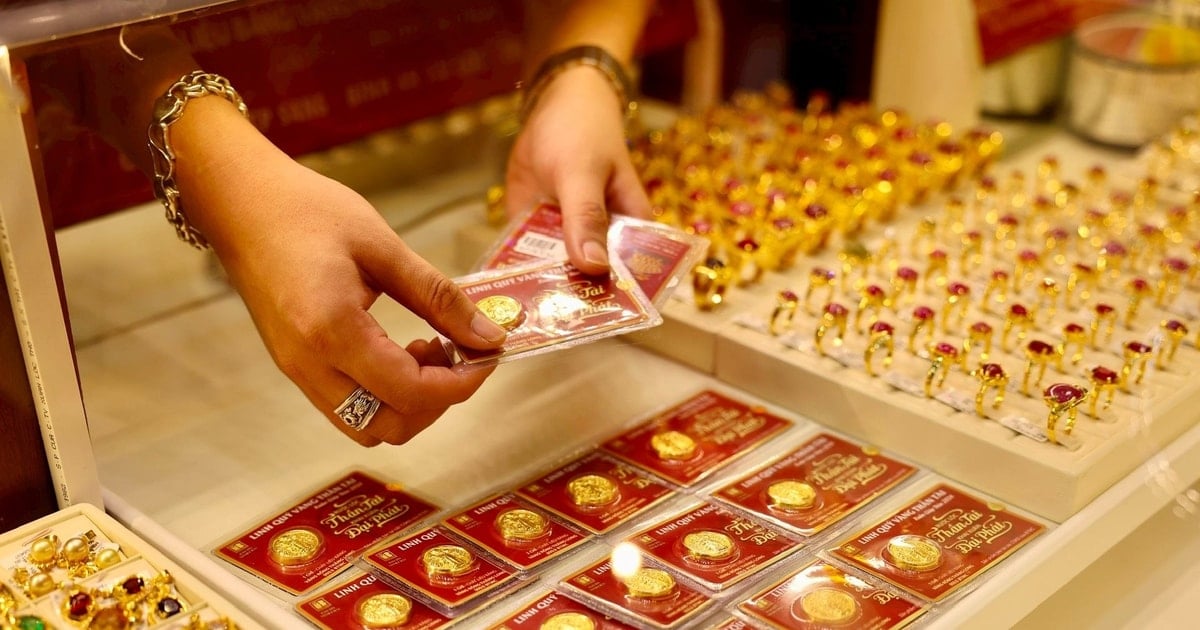
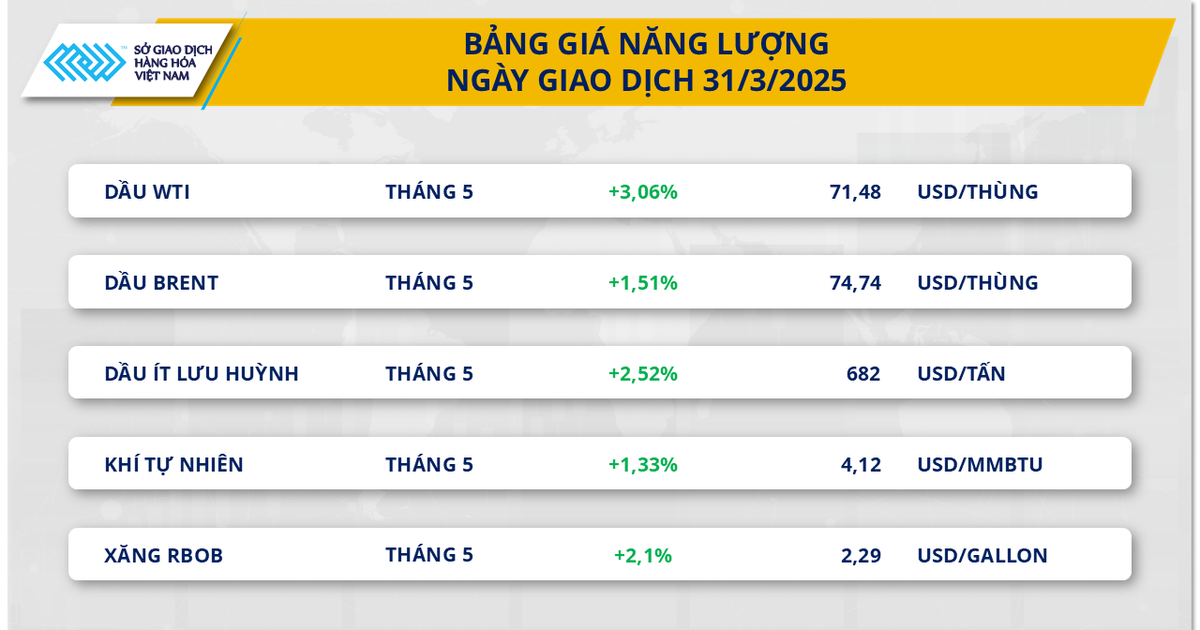
![[Photo] Myanmar's capital in disarray after the great earthquake](https://vstatic.vietnam.vn/vietnam/resource/IMAGE/2025/4/1/7719e43b61ba40f3ac17f5c3c1f03720)












































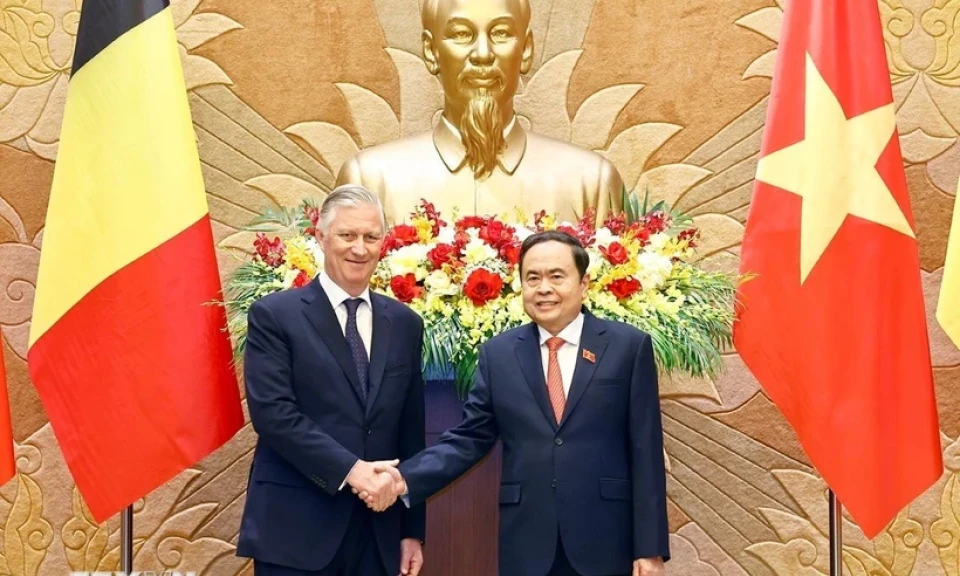

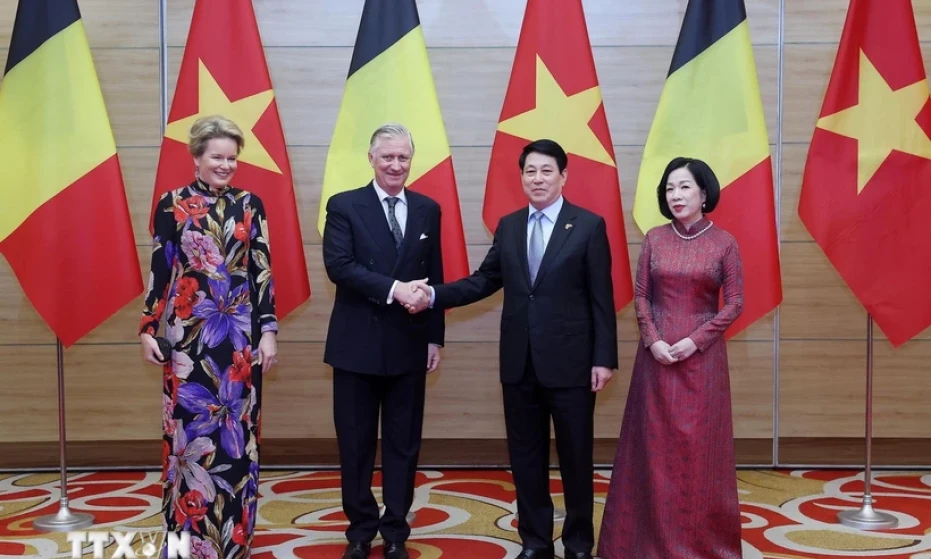
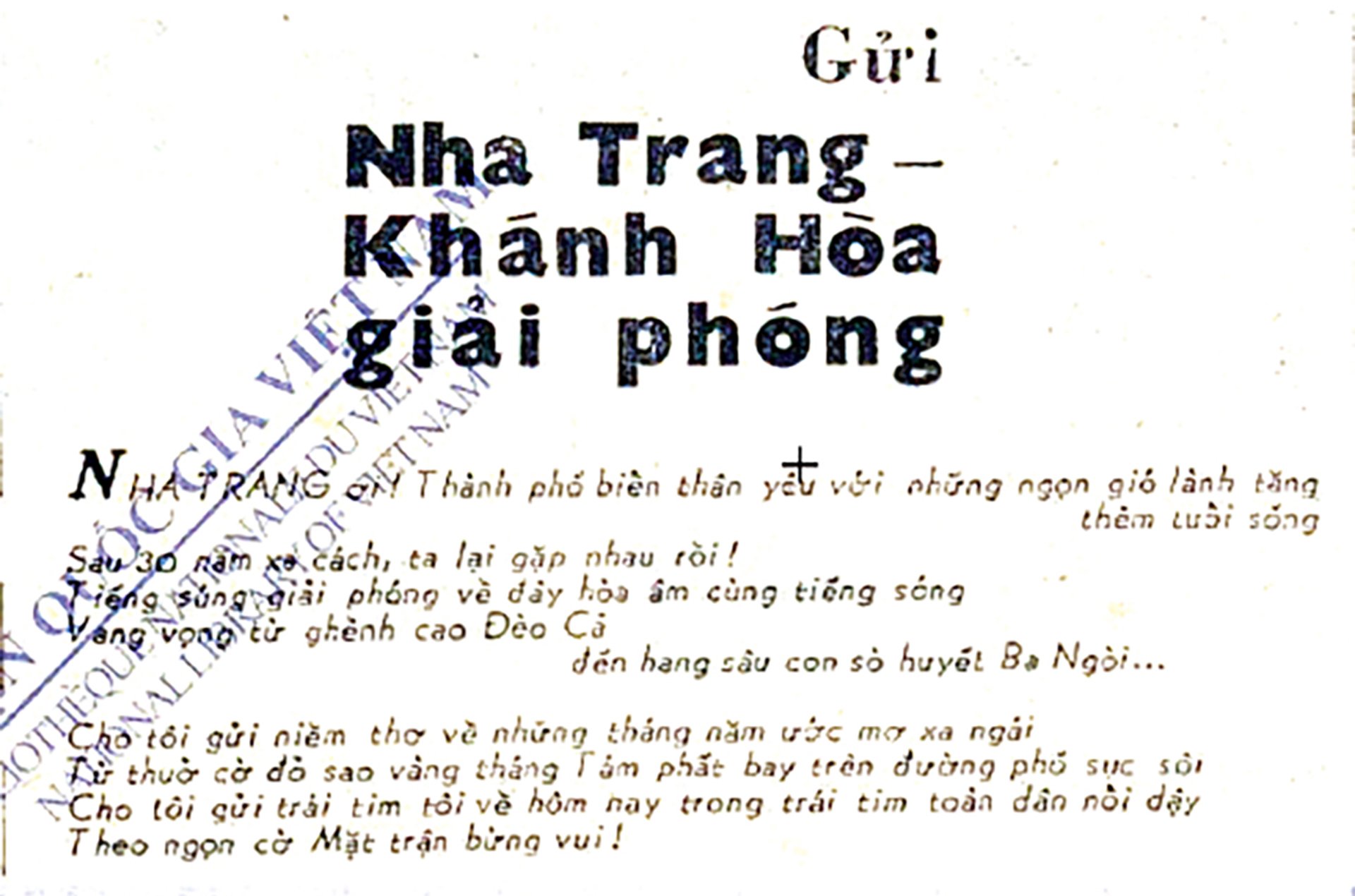













Comment (0)